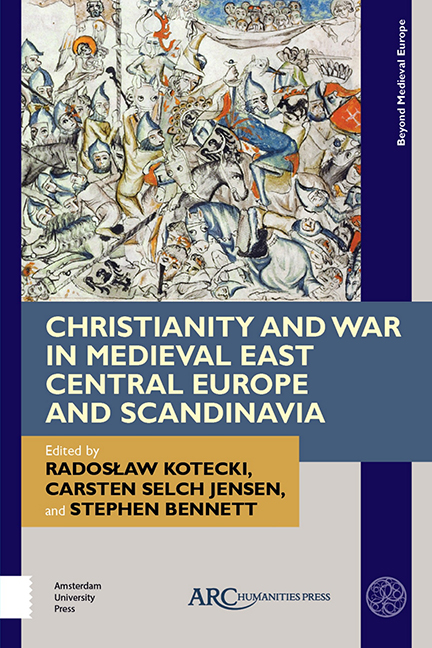Chapter 13 - Orthodox Responses to the Baltic Crusades
Published online by Cambridge University Press: 27 May 2021
Summary
THE PEOPLE AND countries on the eastern shore of the Baltic Sea were among the last in Europe to become part of the Catholic Church. In Estonia, Latvia, and Finland, this occurred during the twelfth and thirteenth centuries—in close connection to the Northern Crusades. In the case of Estonia and Latvia—medieval Livonia—historical writing has traditionally emphasized the violent nature of this Christianization: in the 1190s, a war of Christianization broke out there that lasted an entire century. Although writers on Finnish national history are more reticent when it comes to accentuating violence, the older tradition still underlined the coercive nature of the Catholic conversion of the country. On the other hand, Lithuania, unlike its northern neighbours, consolidated into a medieval state in the first half of the thirteenth century and successfully resisted the military pressure of the crusaders and the Teutonic Order. It was converted to Catholicism as a result of an internal decision at the turn of the fifteenth century. However, the religious and the secular, the Church and worldly powers, were very closely intertwined in all these wars and conflicts, and the boundaries between the various camps were not always clear or well-defined. Missionizing and baptizing could also put the clergy, both Catholic and Orthodox, in the role of subduer or oppressor.
In addition, the issue of whether the region was Christianized first from the East or the West, by the Orthodox or Catholic Church has been quite a heavily politicized debate in relation to the history of the Baltic countries. In these discussions, the act of Christianization has generally been seen as justification for political control, not only in the Middle Ages but also in the contemporary world of the modern authors. The supposedly peaceful Orthodox mission in general has been contrasted with the violent Catholic Christianization, in order to condemn the “German” conquest and/ or emphasize the historical pre-eminence of Rusian influence and political superiority in the Baltic countries. Another similar thesis has been reiterated, actually without any confirmation in the original historical records, in the case of Orthodox Karelia: that this land was Christianized by Byzantine (not Rusian) missionaries already before the thirteenth century.
- Type
- Chapter
- Information
- Publisher: Amsterdam University PressPrint publication year: 2021



